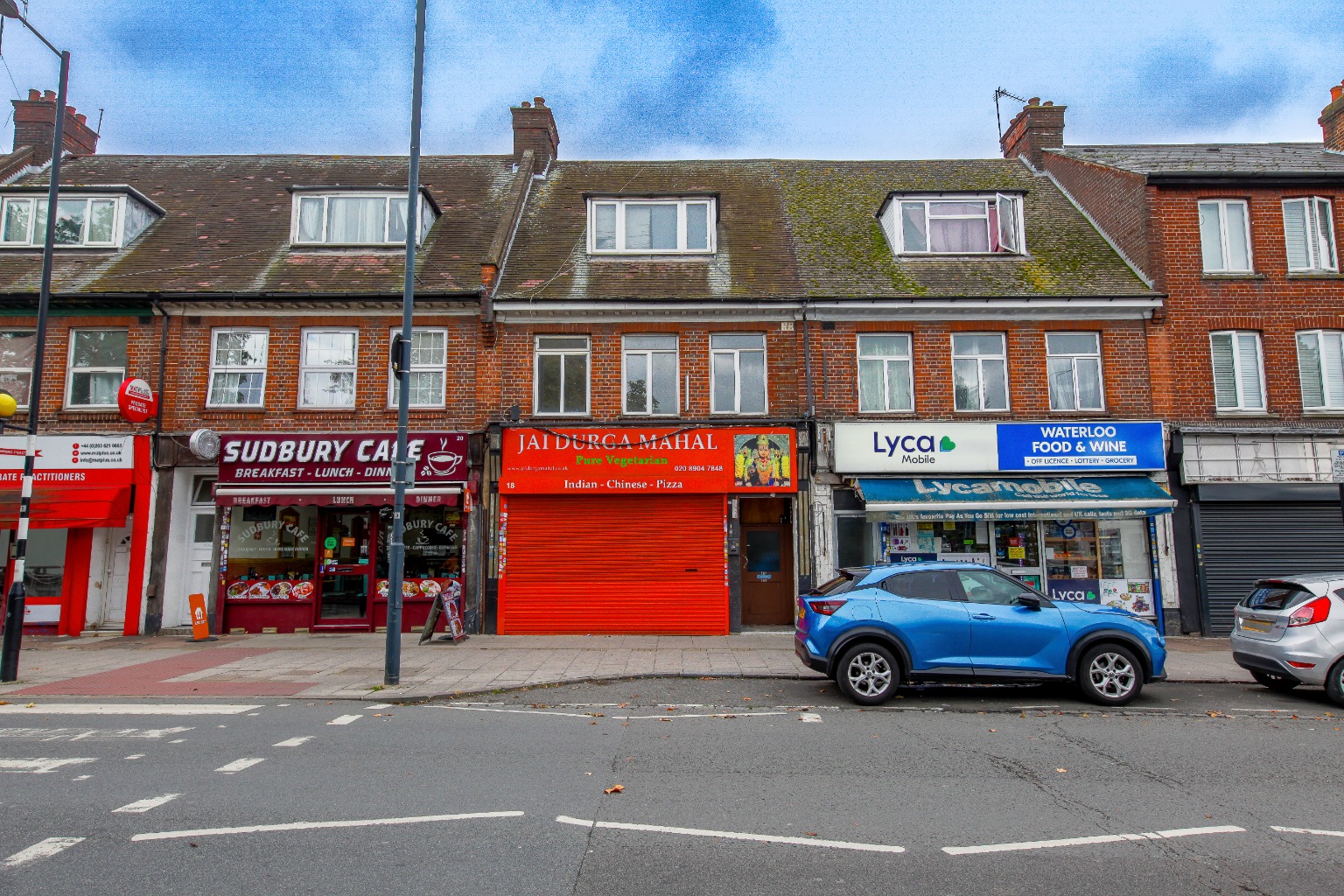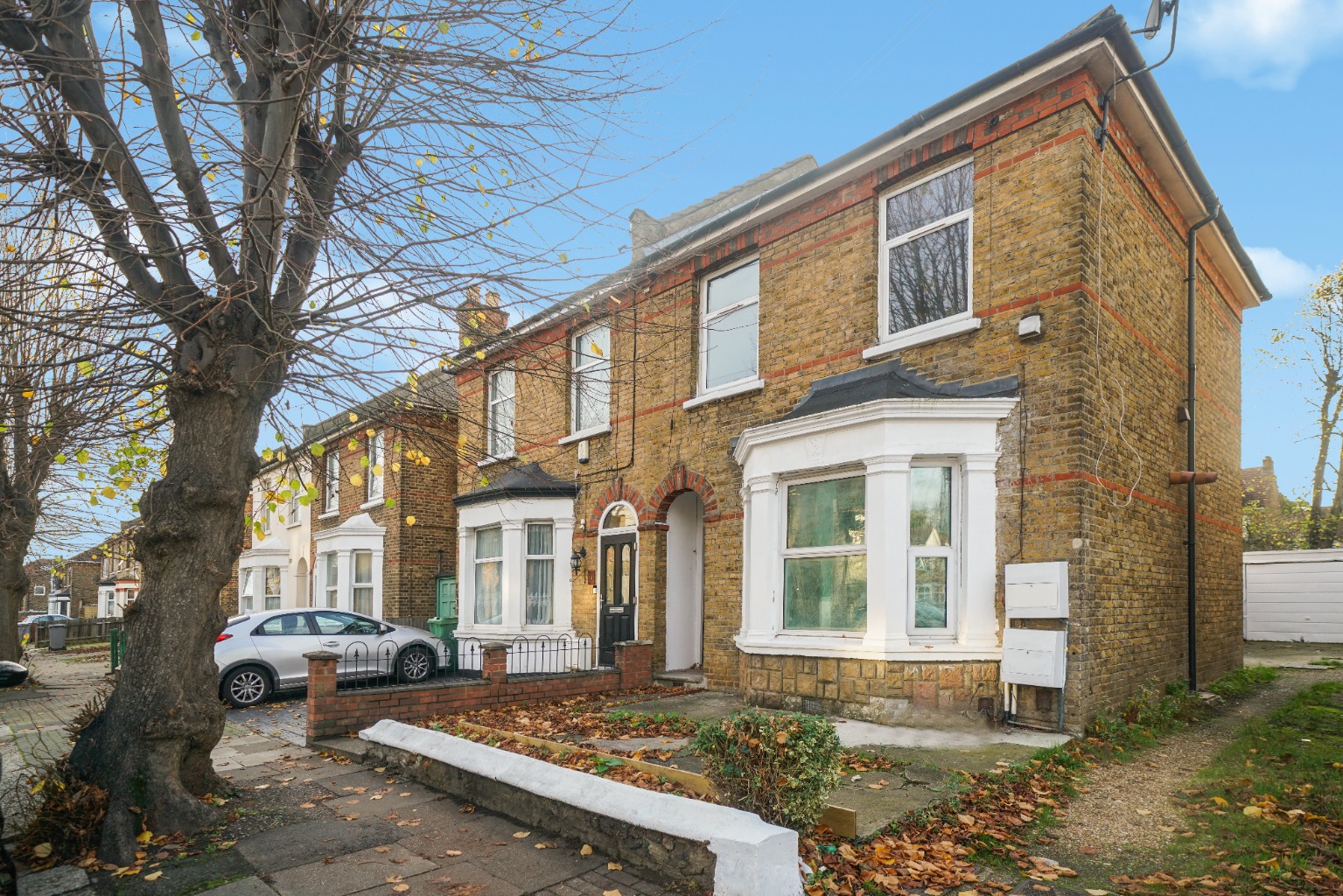Leasehold v Freehold - differences and considerations
If you plan on buying a property, you may have come across property descriptions such as leasehold and freehold. You must understand the differences between these statuses and how they affect the property owner. We are here to help you consider both situations, and if you have any questions regarding leasehold and freehold property, please get in touch.

What is a freehold?
With a freehold, the property owner owns the property, and the land the property is built on, outright. The buyer of freehold is responsible for maintaining the land and property, which means these need to be budgeted for. Most houses in the UK are freehold, although some are leasehold.
The benefits of buying a freehold include:
· There is no need to worry about the lease ending because you own the property outright
· You don’t need to deal with a freeholder or landlord
· You don’t need to pay landlord charges, service charges or ground rent
What is a leasehold?
With a leasehold, the property owner owns the property for the length of the lease agreement. When the lease concludes, the freeholder regains ownership of the property, unless the lease has been extended.
The majority of maisonettes and flats in the UK are leasehold. This means the leaseholder owns the property in the building, but they don’t have a stake in the building. There are some instances of houses being leaseholds. In these circumstances, the owner owns the house, but not the land the home sits on.
In buying a leasehold property, you take over the lease which was held by the previous owner.
It is helpful to investigate the leasehold, focusing on the following issues:
· How long the lease is set to run
· The cost of service charges and all related costs
· Will there be an impact on your mortgage and property resale value relating to the contract?
The length remaining on the lease can impact on a buyers’ ability to obtain a mortgage. If the lease has less than 70 years to run, it is likely there will be problems for the buyer in arranging a mortgage. This is because lenders are looking for at least 25 to 30 years of a lease before the mortgage ends.
This means the bare minimum a lender is looking for on a mortgage is 50 to 55 years. However, to be able to sell the mortgage, the buyer and their lender must feel confident, which means an additional 25 to 30 years is required. When considering these circumstances, it is easy to see why many lenders are uncomfortable in offering a mortgage when the lease has less than 80 years to run, because the buyer may struggle to sell it at the end of the mortgage.
It is possible to extend a lease
Once a homeowner has lived in the property for two years, there is a right to extend the contract by 90 years. The homeowner needs to be a qualifying tenant, but this is usually granted if the initial lease was for more than 21 years.
Be aware that there is a charge for extending a lease, with this charge set by the freeholder. Therefore, this is another cost to budget for. If you and the freeholder cannot reach agreement on the cost of extending a lease, it is possible to appeal to the Leasehold Valuation Tribunal.
Taking this action may help you to pay a lower fee to extend the lease, but you will have to hire a solicitor and surveyor, which may lead to an increase in the overall cost.
If you own a leasehold property, you don’t own the land, and this means you aren’t responsible for maintaining the building. You will have to pay a share of the cost of maintaining the structure, and you may have to make payments to a sinking fund. This money is used to cover the cost of unexpected maintenance work.
Some of the services charges you may have to pay when you own a leasehold property include maintenance of any communal garden area, the electricity bills for communal areas and the cost of repair and maintenance work of exterior walls. Therefore, if you plan on buying a leasehold property, you must budget for these costs in addition to monthly mortgage payments.
There are pros and cons to both options, and your personal preference may be a factor which influences the property you wish to buy. Alternatively, the most crucial factor for you to consider may be the type of property itself, which could shape whether you buy a freehold or leasehold property.
If you would like further guidance on the difference between leasehold and freehold, and how it affects you, please get in touch.



